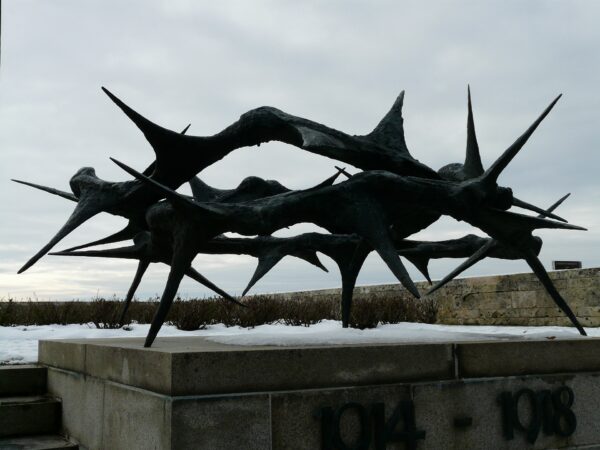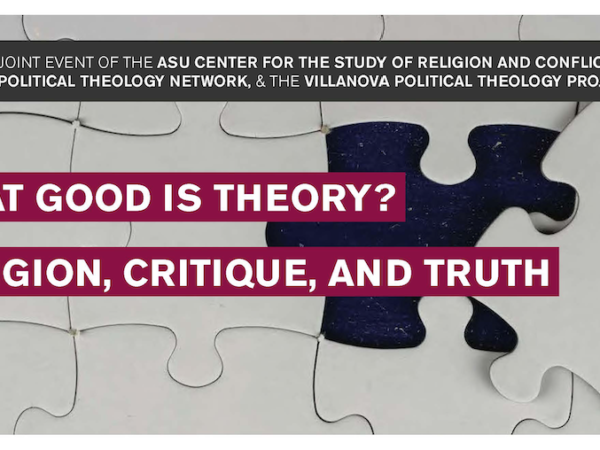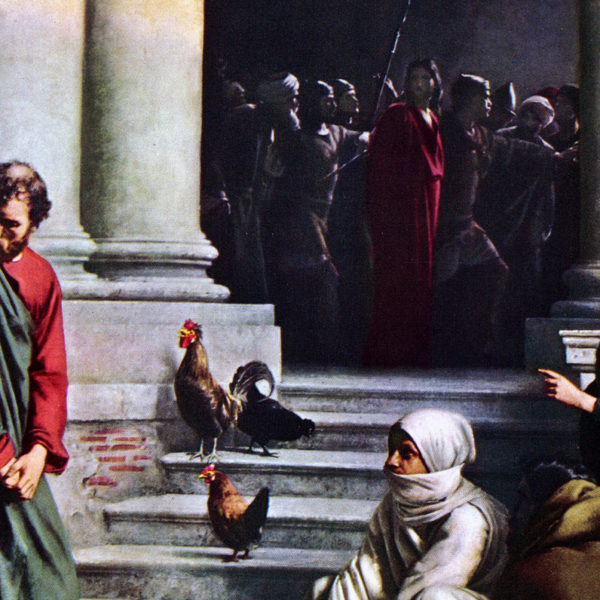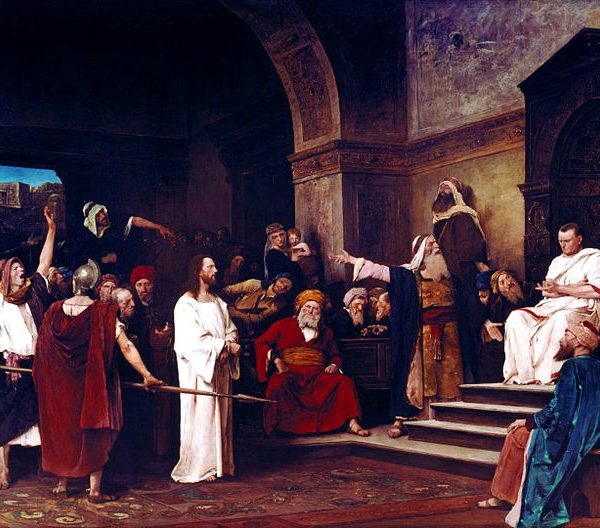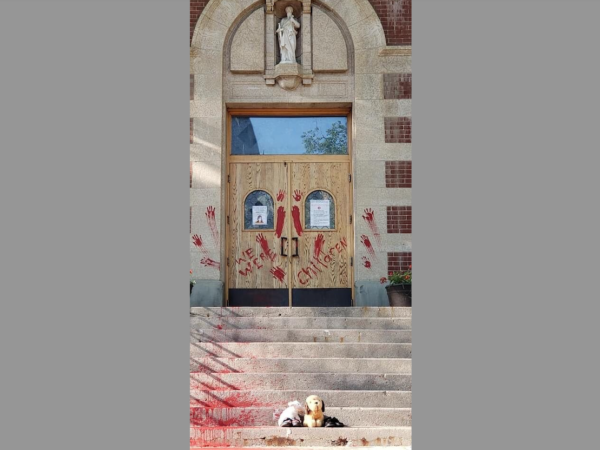
The God we meet in Amos and John demands righteousness, solidarity and justice as the foundations of faithful living. Neutrality scuppers justice. When we drift away from God, our fellow human beings and the life-giving environment, prophetic truth-telling tempered with an imagination for a different world becomes a necessity.

The psalmist calls us to the fear of the Lord, offering us the secret to its pursuit. Straightforward though it may be, the psalm’s challenge to avoid evil-speaking, deceit, and to depart from wickedness and pursue peace would have seismic effects for our political landscape were we to commit ourselves to it.
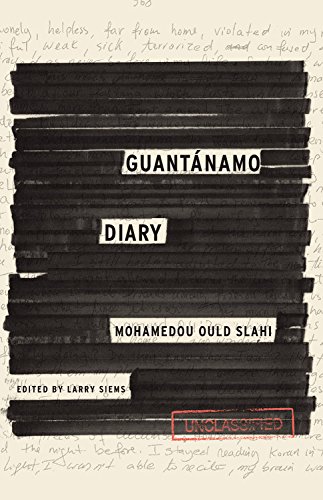
The discourse of terrorism is itself an ideology linked to conceptions of truth and identity, life and death, law and justice. But there is also a terror that exists in silence, a terror that bears no name because the life it destroys is not even recognized as having lived.
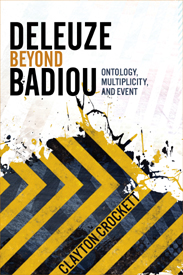
Clayton Crockett’s Deleuze Beyond Badiou is more than a commentary on Badiou’s reading of Deleuze or a defense of Deleuze. It is, rather, a transdisciplinary work that crosses the domains of theology, philosophy, and politics through a reading of the relationship between Deleuze and Badiou. Crockett’s goal, however, is not primarily descriptive but constructive, in that he uses the relationship between the two philosophers as a means for thinking otherwise.
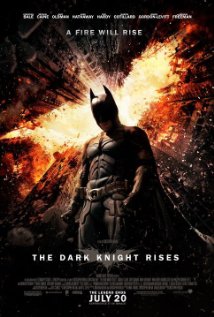
Nolan’s Dark Knight trilogy is obsessed with the question: what are the conditions of possibility for political judgment? Judgment, as Oliver O’Donovan has written in The Ways of Judgment, “both pronounces retrospectively on, and clears space prospectively for, actions that are performed within a community” and is therefore “subject to criteria of truth, on the one hand, and to criteria of effectiveness on the other” (9). Although judgment must meet both criteria, very often in the world of politics, they appear to be in rivalry. Truth-telling, in a world of fickle voters and predatory media, in a world of terrorists and hidden threats, can seem like a very unwise proposition, a luxury that must be dispensed with if order and justice are to be preserved. This tension haunts Nolan’s trilogy.


